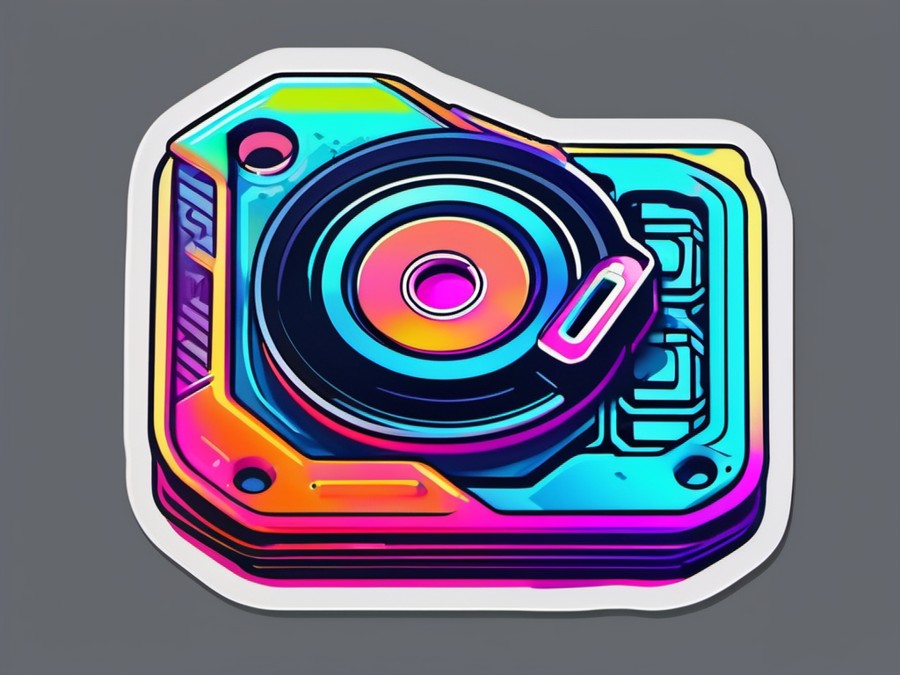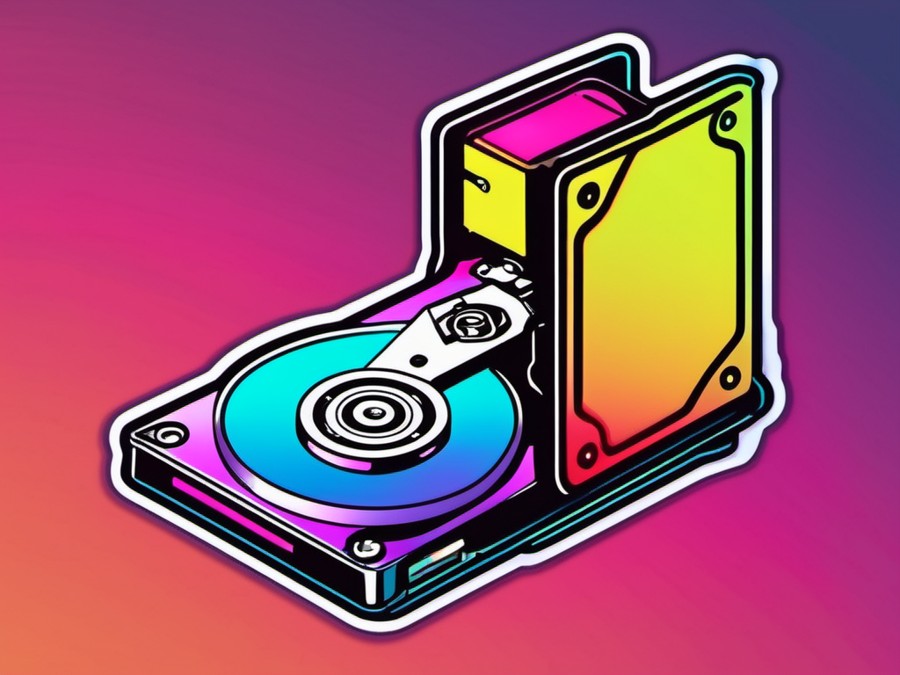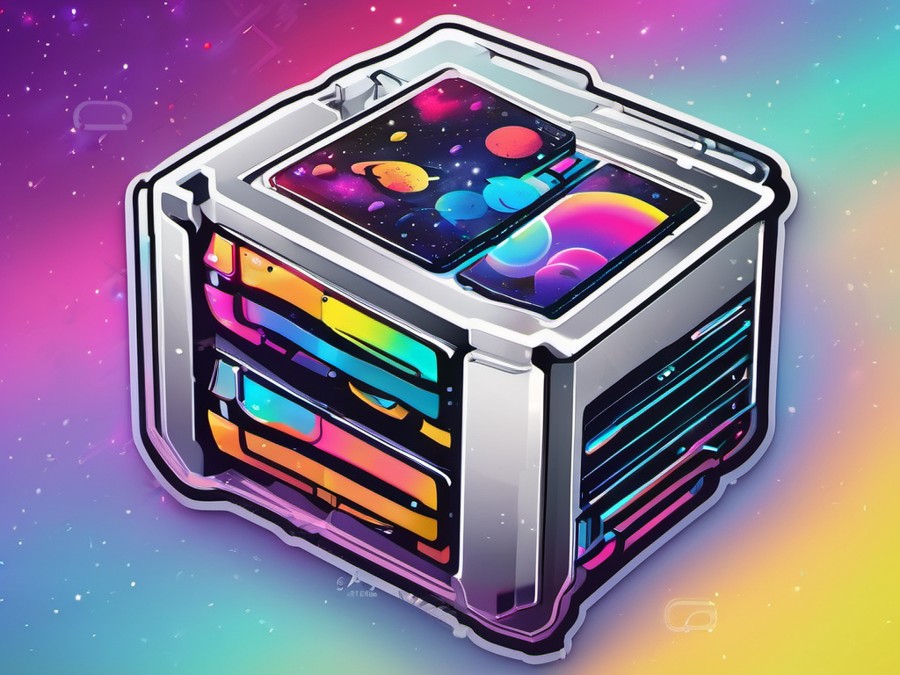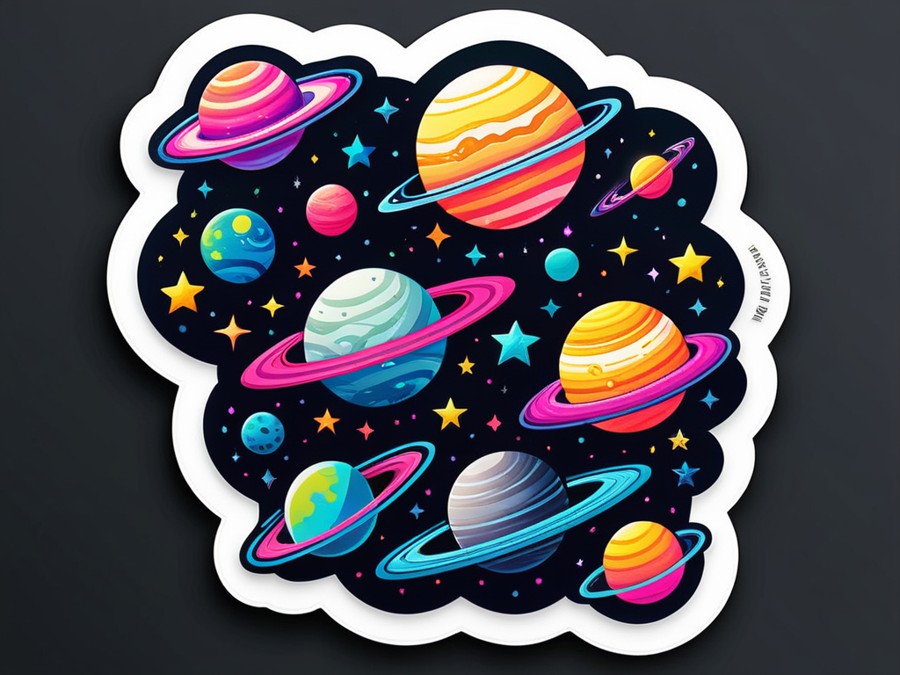· Charlotte Will · Hard Drive Accessories · 6 min read
What is a Hard Drive Dock and Why Do You Need One?
Discover the benefits and uses of a hard drive dock. Learn why you need one, how to choose the best one, and explore real-life examples of its applications.

Understanding the Basics of a Hard Drive Dock
What is a Hard Drive Dock?
A hard drive dock is a hardware device designed to facilitate the connection and management of external storage units, primarily hard drives or SSDs, to a computer system. Essentially, it acts as an intermediary that allows you to easily plug in and eject storage devices without having to open up your machine.
How Does a Hard Drive Dock Work?
The core functionality of a hard drive dock revolves around its ability to provide a versatile interface for connecting storage units. Typically, you’ll find USB or Thunderbolt ports on the dock that you can connect to your computer. The storage device is then inserted into the dock, and it’s recognized by the system as if you had plugged it directly into your machine.
Types of Hard Drive Docks
Hard drive docks come in various forms, each tailored to different needs:
- Internal Docks: Designed for use within a desktop computer, these docks help manage internal hard drives without the need to open the case.
- External Docks: Portable and ideal for laptops, these docks provide an easy way to connect external storage units on the go.
The Benefits of Using a Hard Drive Dock
Enhanced Data Accessibility
One of the primary advantages of using a hard drive dock is the convenience and speed it offers for data access. Instead of shutting down your system and physically connecting or disconnecting hard drives, you can simply slide them in and out of the dock. This is particularly beneficial for professionals who regularly need to access large volumes of data or for those running multiple backup routines.
Improved Data Management
Data management becomes more efficient with a hard drive dock. You can easily switch between different storage units, allowing for better organization of your files. This makes it an excellent tool for backing up data or transferring large files from one drive to another.
Compatibility with Various Storage Devices
Modern hard drive docks are designed to support a wide range of storage devices, including SSDs and HDDs. This versatility makes them an all-in-one solution for managing different types of storage media, which can be crucial in a diverse computing environment.
Hard Drive Dock vs USB Adapter
Comparing the Two Storage Solutions
While USB adapters and hard drive docks both facilitate data transfer, they are designed with different use cases in mind. USB adapters are typically used for direct connections and may not offer the same level of versatility as a dock. Docks, on the other hand, provide a more robust and flexible solution for frequent data access and management.
When to Use a Hard Drive Dock
A hard drive dock is ideal in scenarios where you need quick and consistent access to multiple storage units. This includes professionals who work with large datasets, such as videographers, graphic designers, or IT specialists.
When a USB Adapter Might Suffice
For casual users who only need to connect one or two storage devices occasionally, a USB adapter might be sufficient. These adapters are generally more portable and cheaper than docks, making them a practical choice for basic needs.
Choosing the Best Hard Drive Dock
Factors to Consider Before Purchase
When selecting a hard drive dock, consider the following:
- Compatibility: Ensure it supports the types of storage devices you own.
- Interface: Choose between USB, Thunderbolt, or other connection types based on your system.
- Portability: Decide if you need a portable or desktop dock.
- Additional Features: Look for extra features like data cloning, hot-swapping capabilities, and RAID support.
Top Features to Look For
Some essential features to look for include:
- High Transfer Speeds: Fast data transfer rates can significantly enhance your workflow.
- Ease of Use: User-friendly designs make it easier to manage storage devices.
- Durability: A robust build quality ensures longevity and reliability.
- Software Integration: Compatibility with backup software or data management tools is a plus.
Popular Brands and Models
Several reputable brands offer high-quality hard drive docks, such as:
- OWC: Known for their Thunderbolt docks with high transfer speeds.
- StarTech: Offers a wide range of USB and Thunderbolt docks.
- Sabrent: Provides durable and affordable docking solutions.
Real-Life Examples and Use Cases
Professional Usage Scenarios
In professional settings, hard drive docks are invaluable:
- Media Professionals: Easily access and transfer large video or audio files.
- IT Specialists: Manage multiple backup routines and data migrations efficiently.
- Designers: Switch between project files stored on different drives without delay.
Personal Use Cases
Even for personal use, a hard drive dock can be useful:
- Home Backup Solutions: Regularly backup your important files to an external drive.
- Gaming Enthusiasts: Quickly switch between different game libraries stored on multiple drives.
- Photographers: Manage and transfer high-resolution photos efficiently.
Tips for Optimal Use of Your Hard Drive Dock
Best Practices for Data Backup
To ensure data safety:
- Regularly Schedule Backups: Automate the backup process to avoid manual errors.
- Use Redundant Storage: Keep multiple copies of important data on different drives.
- Monitor Dock Health: Regularly check the dock for any malfunctions or wear.
Maintenance and Care
Keep your hard drive dock in optimal condition by:
- Cleaning the Contacts: Dust and debris can affect connectivity.
- Avoiding Rough Handling: Be gentle with the storage devices to prevent damage.
- Keeping Software Updated: Ensure any accompanying software is up to date for better performance and security.
Troubleshooting Common Issues
Addressing common problems that may arise includes:
- Check Connections: Ensure all cables are properly connected.
- Driver Updates: Make sure your system drivers are up to date.
- Compatibility Checks: Verify that all devices are compatible with each other.
Conclusion
Investing in a hard drive dock can significantly enhance your data management capabilities, offering convenience, speed, and flexibility. Whether you’re a professional dealing with large datasets or a casual user looking to backup important files, a hard drive dock is an invaluable tool.
Frequently Asked Questions
Q1: What is the difference between an SSD and HDD dock? A: Both SSD and HDD docks serve the same fundamental purpose, but they may have different interface requirements or support features specific to each type of storage unit.
Q2: Can I use my hard drive dock with multiple computers? A: Yes, most hard drive docks can be used with multiple computers. Simply connect the dock to your desired computer and it will recognize the storage device.
Q3: How do I know if my hard drive is compatible with the dock? A: Check the specifications of both your hard drive and the dock. Most modern docks support a wide range of drives, but it’s always best to verify compatibility.
Q4: What are some common issues I might face with a hard drive dock? A: Common issues include connection problems, software incompatibility, or physical damage due to rough handling. Regular maintenance and careful usage can mitigate these issues.
Q5: Is it worth investing in an expensive hard drive dock? A: The value depends on your needs. For professionals who require high transfer speeds and robust features, investing in a premium dock can be worthwhile. For casual users, a more affordable option may suffice.
For more information on storage solutions and devices that complement hard drive docks, you can explore our articles on hard drive racks and shockproof hard drive cases. Additionally, if you’re looking to expand your USB capabilities, check out our guide on USB hubs.




